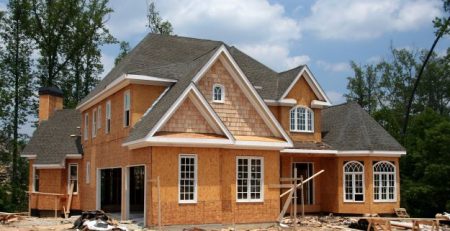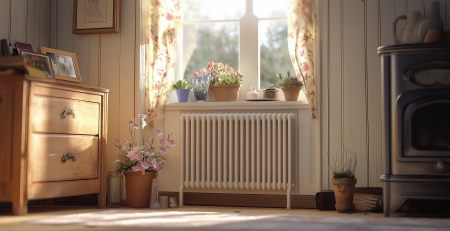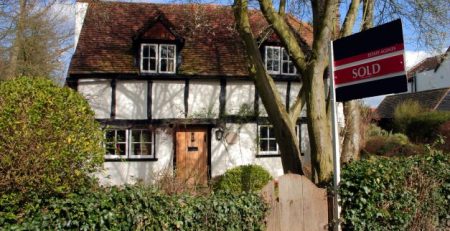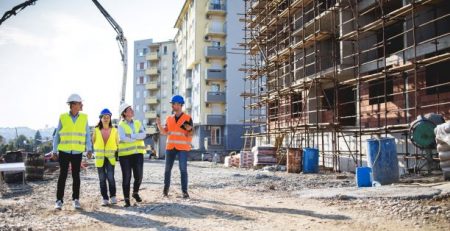What Home Buyers Need To Know About New Builds
For many home buyers, new builds are an attractive option. After all, new builds come with many benefits.
You’re the first and only person to have lived in the property, meaning you aren’t inheriting any mess or damage from a previous owner.
Also, if you buy your property off-plan or before it is fully constructed, then you have the opportunity to have some input on the design of your new home.
While these benefits might seem attractive, it’s important that you take the time to review the new build market and understand the implications of owning a new build home.
Buying a home is a significant investment and not one to be taken lightly, which is why we’ve created this article to help home buyers like yourself to find the perfect home.
New Builds Come With A 10-Year Warranty
Every new build home in the UK comes with a 10-year warranty, meaning that if any defects are found after you move in, and they are the fault of the builder, then they will be fixed for free. This warranty doesn’t cover all home issues, so you’ll still need to take out home insurance on your new build property. If you’re looking for affordable home cover, then compare house insurance on Quotezone.co.uk to find the right policy that protects you from everything your warranty doesn’t.
Many New Builds Are Leasehold
Property developers often make new build homes leasehold, meaning you purchase a lease from the developer and own the right to live in the property for a set number of years. Leaseholds usually start at 100 years and mean that you don’t own the land the property stands on. While flats and properties with communal areas are usually leasehold, many older houses are often freehold, so buyers need to make sure they read the terms of their new build contract before they make their purchase. By making houses leasehold, property developers can ensure that the estate remains partially under their control, so they can ensure that it meets their standards and remains cohesive in design. Also, they are able to collect maintenance fees from homeowners to fund the upkeep of the estate. This means that you might face additional fees and restrictions when you buy a new build home that you wouldn’t with an older property.
Conveyancing On New Build Homes Is Different
The conveyancing process for a new build home is slightly different for an older property, particularly if you’re buying an off-plan home. Conveyancers might have to undertake different tests to check the property before they will give you an accurate report. Also, some developers will insist on using their own surveyors, which can hinder the process and make it harder for you to get an impartial overview of the property. Conveyancing might have to happen in stages with your new build home, as the property might not be complete when you first send someone in to inspect it. With an older home, the process is much simpler, as the conveyancer knows what the property looks like and can check everything at once.
Newer Properties Tend To Be More Energy Efficient
Many older properties come with issues such as degrading windows, less energy-efficient solutions and more. Newer properties have the latest energy-saving solutions installed and brand new windows and doors that can retain heat. The result is that new build homes are usually more energy efficient, making them cheaper to heat and power. With energy bills rising, choosing an efficient home can be a great way to save money and also help you to do your bit for the environment. So, if you’re looking to save money on your long-term home running costs, then a new build home could be a great option. However, it’s important to remember that some older properties can also have high energy efficiency ratings, particularly if they have been recently renovated. You might expect to pay more for these properties, but if energy efficiency is an important consideration for you, then you need to be aware of all your options.
In Summary
Ultimately, there are many benefits to buying a new build home, but there are also some downsides. The choice to buy a new build or an older property is entirely down to you, and the best option will depend on your unique circumstances and budget. As such, you need to take the time to conduct comprehensive research into the properties available in the area you’re considering, then work out which will work best for you, your family and your lifestyle. This article should help you to gain an understanding of new build properties and give you the insight you need to make an informed choice. Buying a home is a major decision, so make sure you explore all the options. You’ll then be able to enjoy your new home for many years to come.











